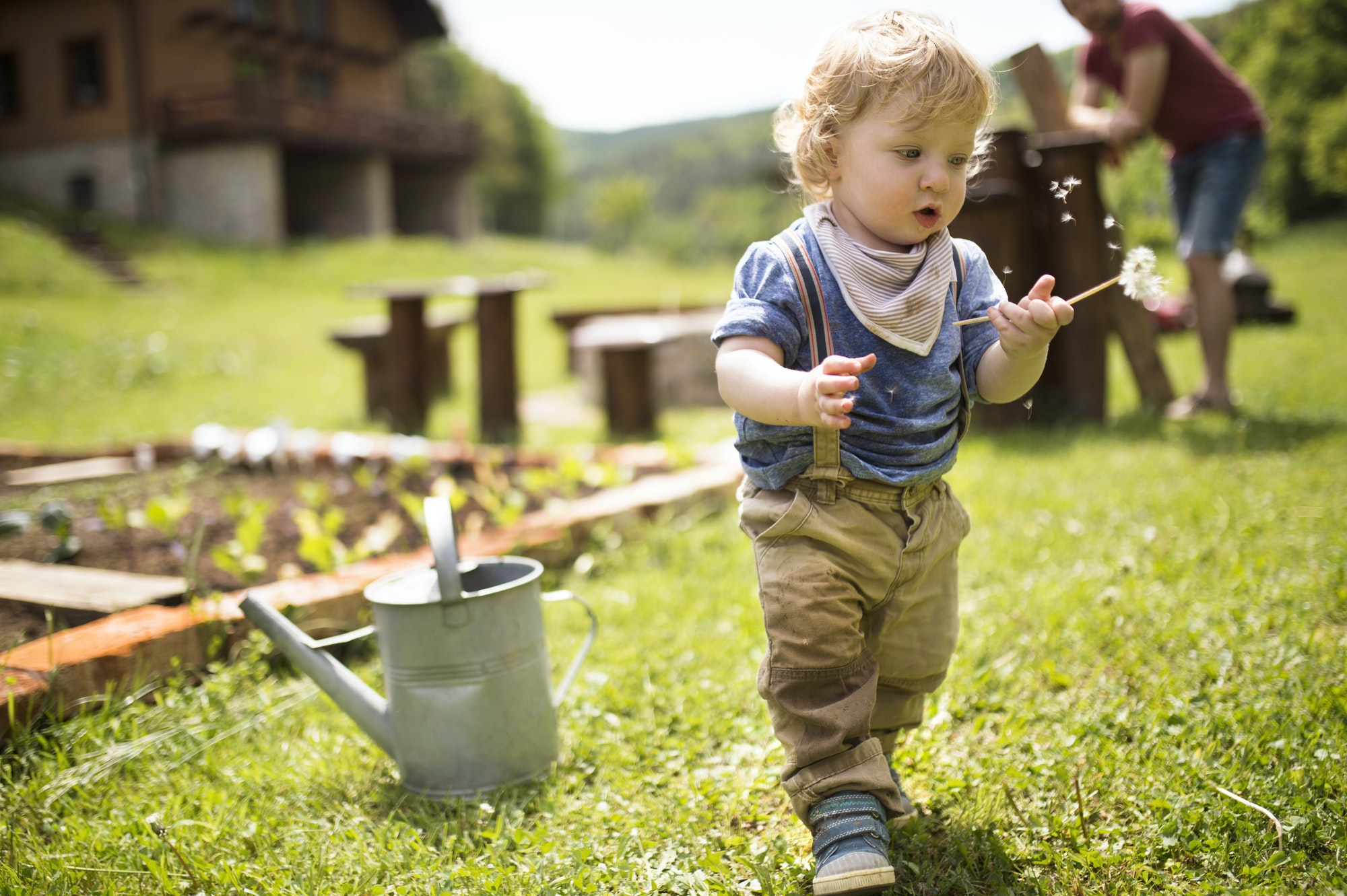Growing your own food is a great way to get children interested in nature and science, and it can also give them a great workout! Gardening is a great way to introduce children to many different activities, from planting to mulching, weeding to cooking. Make sure your children have a safe space to play, with fences and appropriate tools. Gardening is also a fun way to teach children about recycling, saving money, and taking care of the environment.
Growing herbs is a great way to get children interested in nature. Herbs grow quickly and do not take up a lot of space. In addition to being great for sensory experiences, many herbs are fragrant, so they will be a favorite of little gardeners. Lemon balm, mint, rosemary, thyme, and lavender are all excellent choices. For an extra sensory experience, plant basil or chives. Children love to smell the different scents of these plants and will find them fascinating.
Gardening engages all of a child’s senses. They will feel the dirt, smell the fresh flowers, and even taste the fruits and vegetables they grow. Children will also develop their hand-eye coordination and physical strength by working with their hands. This will help them understand where their food comes from and what goes into growing them. The benefits of gardening are numerous, and they can be life-long. Children who grow their own food will become more adventurous eaters and develop an interest in eating healthy foods.
Growing vegetables and fruits is an excellent way to get kids interested in the process of growing and harvesting food. They can help you prepare a delicious meal and can eat the fruits of their labor. Try making a Margherita pizza using tomatoes and basil. Or, let your kids chop up a carrot for a snack and slice a strawberry for breakfast cereal. You can even invite some friends over to enjoy the feast. If you have extra produce, donate it to a food bank.
Using hazardous chemicals or pollutants in urban gardens is also a concern. Exposure to contaminated soil poses different health risks, depending on the contaminants and the duration of exposure. However, young children are particularly vulnerable to exposure to hazardous chemicals and contaminants due to their tendency to put the soil in their mouths. Inorganic mercury may also affect a child’s immune system, and can result in memory loss or behavior problems. Children may also develop skin rashes and dermatitis after ingesting contaminated soil.
Gardening with children is also a great activity. Start small, with a small garden bed or flowerbed. Children are more likely to be interested in a small project if it is easy and doesn’t overwhelm them. Using child-friendly garden tools like hoes, cultivators, and spades will keep them safe and engaged in the gardening activity. The best part about gardening with children is that it can be a wonderful adventure for the whole family!
